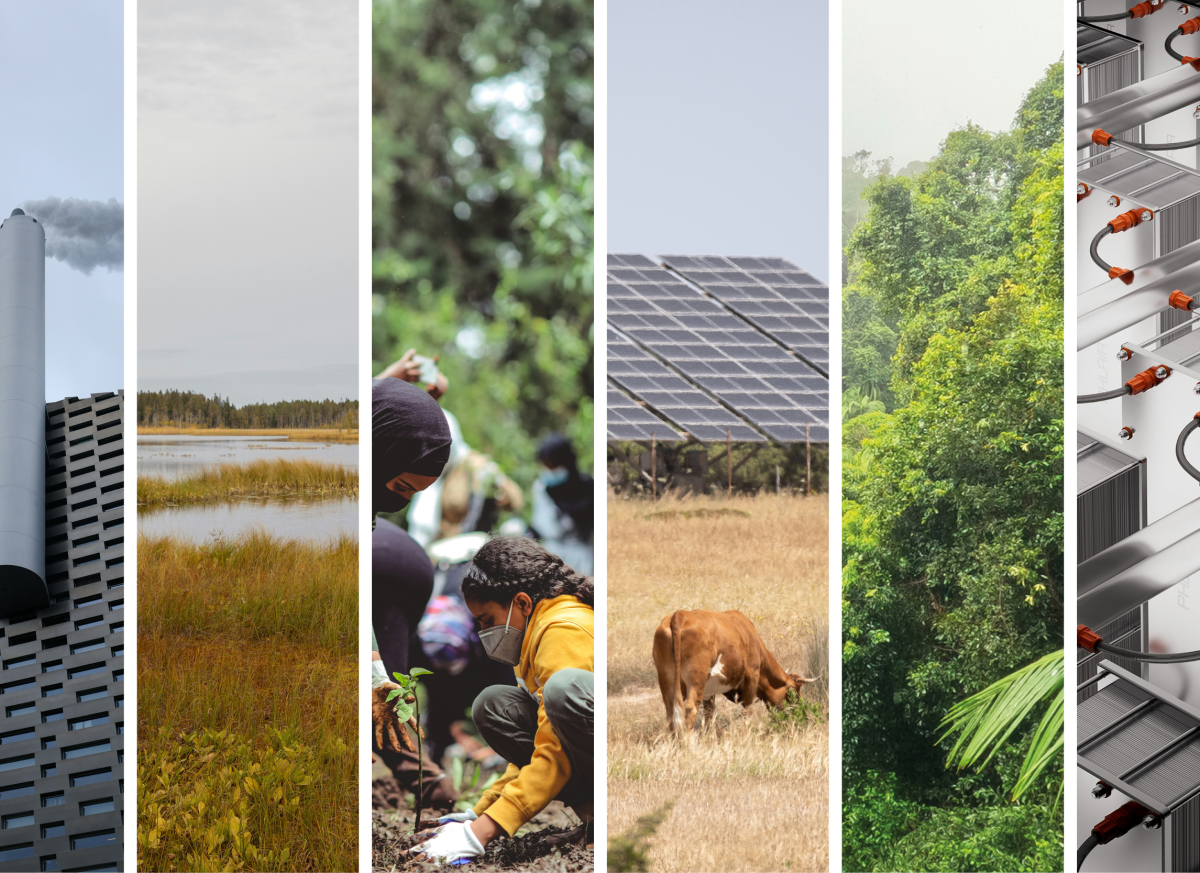News
Americans, this is what you don’t understand about a British heatwave
When humidity is higher, it is harder for sweat to evaporate from our skin, which is the main way that we lose heat. “When you have air around the body that has high levels of water, it becomes much harder for the body to cool itself down,” said Dr Radhika Khosla.ford.
Europe heat record: Spain and Portugal boil in highest temperatures as wildfires rage across continent fanned by 'suffocating' heatwave while Brit goes missing on Greek island
Dr Radhika Khosla and Dr Laurence Wainwright were quoted in the Daily Mail on the health and mental health impacts of heatwaves. "Spikes in relative humidity also result in a higher occurrence of suicide. Learning to adapt to the increasing frequency of heatwaves brought by climate change will mean taking account of all its impacts – including on our state of mind," said Dr Wainwright.
Dr Khosla warned that populations in urban areas like London are "particularly susceptible to extreme heat as the concrete and asphalt absorb and re-emit the sun's radiation, amplifying its impact on our bodies. For this reason, outdoor workers are particularly at risk and should take regular breaks to hydrate in the shade."
How unusual is this UK heat and is climate change to blame?
Scientists are clear that the current heatwave in the UK has been "boosted" by climate change, wrote the BBC. Dr Radhika Khosla commented that air conditioning and other cooling systems "become crucial to maintaining health, productivity and quality of life amidst rising temperatures."
A 7-Step guide to help companies deliver a just transition
Alexis McGivern and Dr Matilda Becker set out 7 steps companies can follow to help themselves, and the world, transition to a sustainable future in a way that is fair and equitable.
India Is Using AI and Satellites to Map Urban Heat Vulnerability Down to the Building Level
While temperatures rise across the world, Dr Radhika Khosla warns that many heat action plans implemented by governments are missing "hyperlocal targeted" responses to heat risks. “Often where the actions are taken may not be where the most vulnerable are," she explained.
The Most Efficient Way to Run Your AC During a Heat Wave
Parts of America are currently suffering from a stifling heatwave. Dr Radhika Khosla raised the issue of overreliance on air conditioning in an article for Time Magazine. "Air conditioners are not the most climate friendly solutions because they're extremely energy intensive... they're so energy guzzling, they place quite a large strain on the [fossil fuel] electricity grid," she said.
Breaking barriers: two Smith School alumni discuss their path to Oxford
Smith School MSc alumni Aurona Sarker and Lewis Ireland discuss how they overcame hardships and social barriers to study our MSc in Sustainability, Enterprise and the Environment.
Global Banks Increase Fossil-Fuel Funding as Climate Pledges Crumble
A new report shows that banks poured nearly $900 billion into financing coal, oil and gas projects in 2024. Dr Ben Caldecott commented: "Currently, far too much financing is provided to companies with no intention of ever decarbonizing, and with plans for new capex unmoored from the reality of the energy transition,”
Legal experts and economists sound the alarm over the EU’s sustainability rules rollback
The European Commission has recently come under fire for attempting to weaken its laws on corporate accountability. Dr Thom Wetzer commented: “The European Union is proving itself not to be a reliable regulator because they’re flip-flopping in the face of changing political winds.”
The Most Efficient Way to Run Your AC During a Heat Wave
As temperatures rise, Dr Radhika Khosla warned Time readers about the problems of over-relying on air conditioning. "Air conditioners are not the most climate friendly solutions because they're extremely energy intensive, they use a whole order of magnitude more electricity than fans, and because they're so energy guzzling, they place quite a large strain on the [fossil fuel] electricity grid,” she said.
Leading UK scientists urge Prime Minister to place nature at the centre of economic and climate policy
On 9 June 2025, a group of over 35 senior UK academics, coordinated by NbSI Director, Nathalie Seddon—drawn from ecology, economics, public health and the social sciences—delivered an open letter to the Prime Minister.
New Oxford Principles to guide responsible carbon trading under the Paris Agreement
Today, a University of Oxford-led team of researchers have published a set of principles which could help countries and corporates engage with Article 6 in a way that results in genuine climate action.











